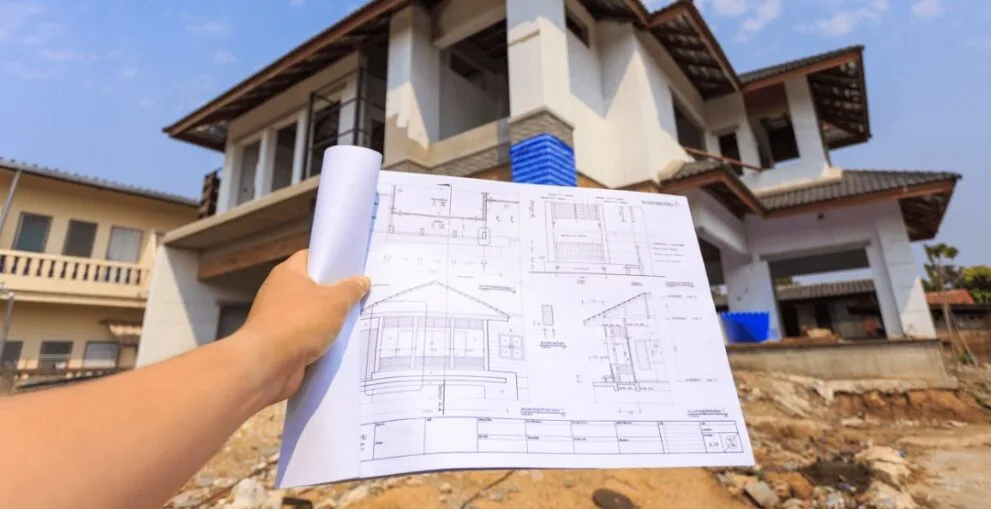As Canada prepares for the potential imposition of significant tariffs on Canadian products by U.S. President Donald Trump, Housing Minister Nathaniel Erskine-Smith has indicated that the expenses associated with home construction are likely to rise, despite the pressing demand for additional housing inventory.
“I am aware of the concerns. The government acknowledges these concerns. The proposed list of retaliatory actions reflects this awareness,” Erskine-Smith stated during an interview.
Canada is facing the prospect of a trade conflict with the United States, which may commence as early as next month. A 25 percent tariff on a majority of Canadian and Mexican goods has been deferred until March 4.
The federal government has committed to implementing counter-tariffs should Trump proceed with his proposed measures. In February, it released a list of American products targeted for retaliation, which includes kitchen and bathroom appliances as well as plastic construction materials.
Erskine-Smith conveyed to host Catherine Cullen that the primary challenge for Canada is to mitigate the effects of Trump’s tariffs. He believes that the second most significant challenge is to maximize housing construction.
The looming trade conflict with the United States has created uncertainty within British Columbia’s housing market. Industry leaders have noted that construction costs for new projects are already exceedingly high, and retaliatory tariffs on U.S. materials would exacerbate this issue. CBC’s Jon Hernandez elaborates on how these developments could postpone future housing initiatives.

“These challenges are contradictory, as increased uncertainty stemming from the tariffs and rising costs of certain materials will lead to higher homebuilding prices. What we actually need is the opposite,” he remarked.
In a statement issued earlier this month denouncing Trump’s tariffs, the Canadian Home Builders’ Association (CHBA) asserted that counter-tariffs on construction products and materials would be harmful to an industry that is already facing difficulties in various regions of Canada.
Brad Carr, the CEO of Mattamy Homes Canada, expressed his concerns regarding the potential repercussions of tariffs on the overall Canadian economy. He noted that the uncertainty surrounding the impending trade conflict is casting a significant shadow over the housing sector at present.
Should the expenses associated with home construction rise due to increased prices for imported American goods, such as appliances and plumbing fixtures, Carr indicated that his company would be compelled to transfer those costs to the consumer.
In response to the question of which American consumer products Canada is targeting with counter-tariffs, Carr emphasized the necessity of addressing the needs of various stakeholders, including investors and bankers. He remarked that these costs cannot be absorbed, especially during a period when the housing market is already facing considerable challenges.
Carr mentioned that his company would seek alternative suppliers and explore other strategies to minimize costs as much as possible.
The Canadian Home Builders’ Association (CHBA) stated that Canadian importers within the residential supply chain would need to consider alternatives to U.S. products following the implementation of counter-tariffs.

“This process will require time, and while the products may still be more expensive than U.S. goods prior to the tariffs, they could be less costly than the anticipated 25 percent increase,” the CHBA noted in its statement.
Carr remarked that Canada is currently experiencing “a real time of uncertainty,” with numerous issues to address and hopefully resolve before any significant changes occur.
“The primary assistance I would request is to resolve the trade war,” Carr stated. “However, that may be a considerable request.”








